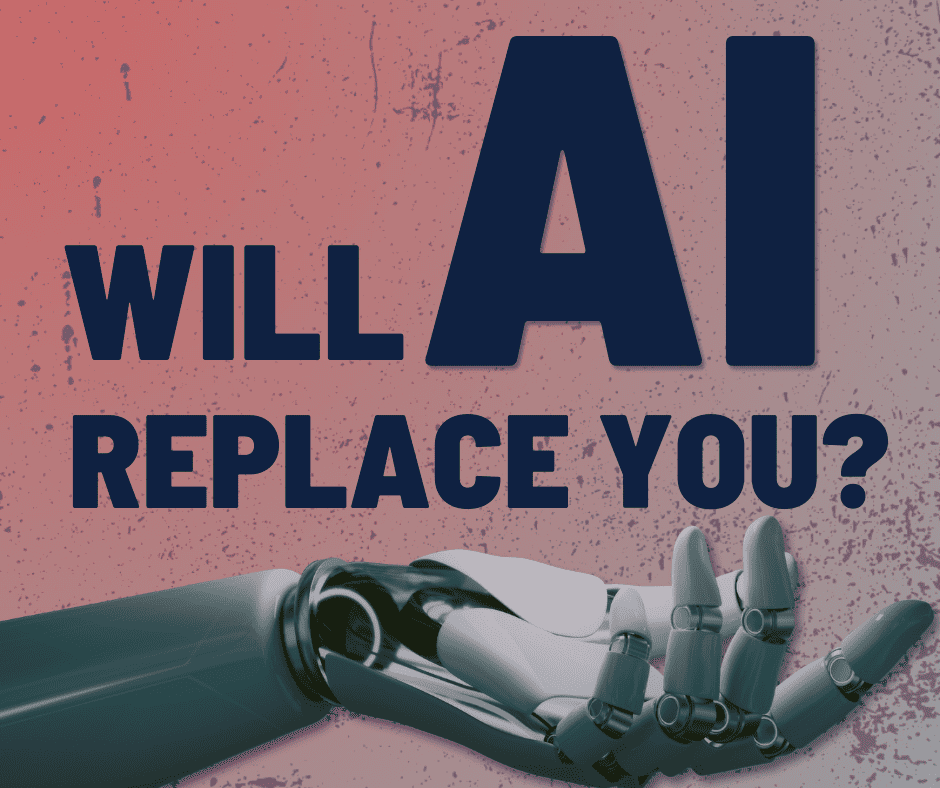Will AI Replace You?

In an age where artificial intelligence and automation are not just buzzwords but realities reshaping our world, the workforce as we know it is undergoing a seismic shift. Technology is advancing at an unprecedented pace, transforming industries, and redefining jobs. From algorithms that optimize logistics to bots handling customer service inquiries, the capabilities of AI are expanding rapidly. This evolution brings with it a mix of apprehension and excitement about the future of work.
However, amidst this technological boom, there remains hope for the human workforce. Certain skills, inherently human and nuanced, stand resilient against the rise of automation.
Here, we explore the five skills AI won’t replace anytime soon, offering a guide for professionals aiming to future-proof their careers.
1. Emotional Intelligence
At the heart of human interaction lies emotional intelligence—the ability to be aware of, control, and express one’s emotions, and to handle interpersonal relationships judiciously and empathetically. AI, no matter how sophisticated, lacks the genuine empathy, compassion, and understanding that human beings can offer. (At least for now) In leadership, teamwork, customer service, and negotiations, the nuanced understanding and genuine emotional connection humans provide are irreplaceable.
2. Creative Problem-Solving
Creativity is the lifeblood of innovation. While AI can generate ideas based on data patterns, the boundless imagination of the human mind is unparalleled. Creative problem-solving involves thinking outside the box, making leaps of intuition, and connecting disparate ideas to invent solutions. In fields such as design and storytelling, human creativity has the upper hand, driving progress and inspiring change.
3. Strategic Thinking
Strategic thinking involves long-term planning, foresight, and the ability to weigh various possible futures. It’s about understanding the bigger picture, beyond just analyzing data or trends. Humans possess the unique ability to anticipate complex scenarios, consider ethical implications, and make decisions that align with broader goals and values. This skill is crucial in leadership, planning, and any role requiring a vision for the future.
4. Adaptability and Flexibility
The world is constantly changing, and the ability to adapt and be flexible is more important than ever. Humans can adjust to new information, shift strategies, and navigate unforeseen challenges. This adaptability extends to learning new skills, working with diverse teams, and pivoting in response to market or environmental changes. AI, while adaptable within predefined parameters, cannot match the human capacity for dynamic, intuitive change.
5. Complex Communication
Communication is not merely the exchange of information; it’s about understanding context, tone, emotion, and cultural nuances. Effective communication involves persuasion, negotiation, and the ability to inspire and motivate others. Humans excel at reading between the lines, understanding unspoken cues, and building rapport. In roles that require complex communication—such as sales, marketing, education, and counseling—human touch is key.
As AI continues to advance, the interplay between human skills and technology will shape the future of work. By focusing on developing the skills that AI cannot replicate, individuals can ensure their place in the workforce of tomorrow.
The future is not just about technology; it’s about the unique contributions that only humans can make.
In the journey towards a technologically advanced future, let’s not forget the human elements that define our essence—empathy, creativity, strategic insight, adaptability, and nuanced communication. These are the skills that will stand the test of time, ensuring that we remain indispensable partners in the dance of progress.
Cheers,